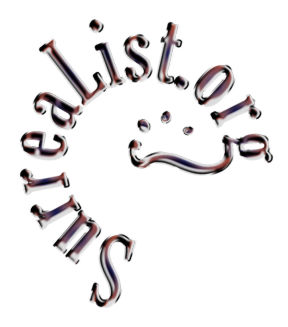
Hexagram Nine—Power of the Small harvest
Hexagram Nine is on faith in a higher power. A person encounters obstacles that are overcome through patience and flexibility. There are dense clouds, but no rain showers the fields. Although the rain is needed, there's nothing people can do to make it fall.
The first line, yang, shows its subject performing routine activities, rather than concentrating on the rain clouds. This is the proper attitude.
The second line, yang, shows that through the good example of the subject in line one, another person stops worrying and goes about his or her regular activities. This is again fortunate.
The third line, yang, shows a carriage broken down on the road. Its occupants, a husband and wife, blame each other for the situation and refuse to look at each other. This is a negative attitude.
The fourth line, yin, shows a person in a similar situation as the couple in line three. Rather than blame the spouse, this person understands the inevitable ups and downs of life and practices patience.
The fifth line, yang, shows another introspective person, who not only practices patience, but unites with others to infuse hope.
The sixth line, yang, shows that the rain has fallen and everyone has gotten the benefit. Unfortunately, the people who became angry in line three are still in an unfortunate position, with possible negative consequences.
Hexagram Nine Commentary
At times, life brings challenges where there is nowhere else to turn besides patient faith. It doesn't make sense to argue or cast blame. The example in this hexagram is rain. Although the fields need water and there are dense clouds in the sky, there's nothing the subject can do to make the rain fall.
The person in the first line, yang, goes about routine activities, rather than focusing on the clouds. This is the proper attitude.
The person in the second line, yang, takes the good example of the person in the first line, and also adopts the proper attitude of trust.
The third line, yang, explains the incorrect attitude. The picture in this line is a husband and wife in a broken down carriage. Instead of a rational response, they argue and blame each other for their predicament.
The person in the fourth line, yin, is in an equally difficult situation, but this person realized times like this are meant for acceptance and ideas, not anger. This person has the correct attitude.
The person in the fifth line, yang, adds another dimension to the correct attitude. In addition to practicing trust and patience, this person unites with others to inspire hope.
Finally in the sixth line, yang, the rain falls, and everyone benefits. However, the people who were fighting remain unfortunate. If they continue to fail to learn how to get along in life's stressful situations, they are doomed to continue their arguments or split up.
To the reader: Most of the hexagrams have at least one line that predicts bad results, but that does NOT mean you are fated to that result. The hexagrams illustrate different attitudes, so study the actions and reactions to learn the attitudes that will lead to better outcomes.
The I Ching teaches you to flow with changes and create positive change from the inside through conscious living. Your future is in your hands. Consult the I Ching for ideas that lead to clear thinking and positive mental attitude. Reading the I Ching helps you take the time to reflect on your attitudes and ideas. Continue asking until you feel positive about your course.

Click here for another hexagram.
A note about this interpretation of the I Ching: Nori Muster wrote this version of the I Ching in 1994 and put it online at Surrealist.org in 2000. It is also available at Amazon:
e-book
paperback
